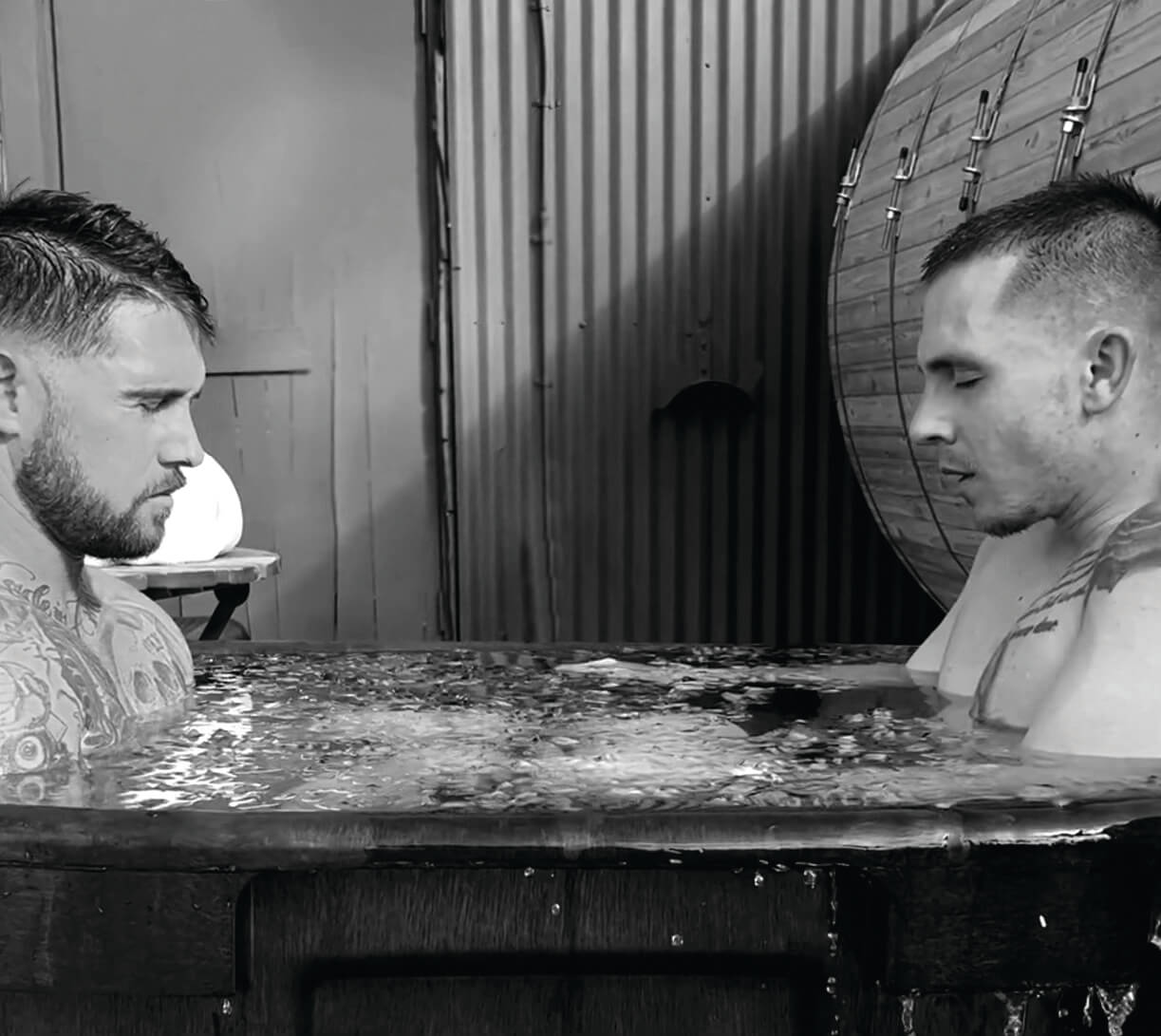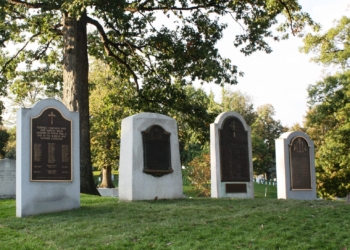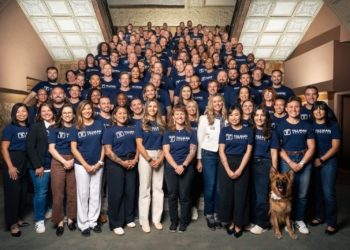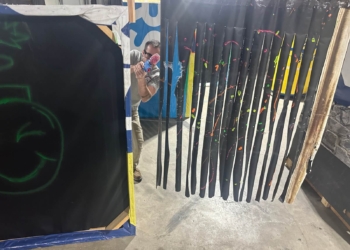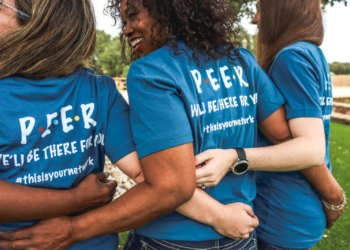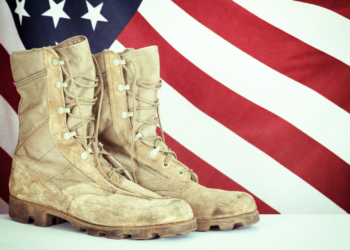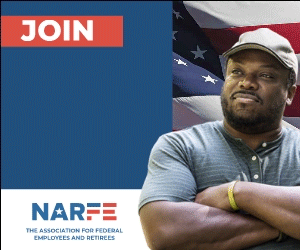A rehab program for men is using a “truly holistic” approach to address the complexities of addiction.
Tree House Recovery takes an adaptive approach, focusing on the mind, body and social aspects of addiction, according to its website. Founder and CEO Justin McMillen said he understands what those who have addictions are going through.
“I went through my own personal struggles that led me to serious addiction and near death,” he said. “The only reason that I’m sitting here today is because of a 74-year-old Vietnam War veteran. He didn’t give up on me when everyone else did.”
After navigating a year of sobriety, McMillen said he found himself longing to show others recovery was possible.
“I was living in an abandoned house which was going into foreclosure and started pulling homeless people off the street to stay with me to get sober,” he said. “It grew to the point that police started dropping people off to take care of.”
A local real estate agent saw what was happening and offered to help him purchase the home.
“This was the second miracle for me,” McMillen said. “My brother turned around and bought a second house not long after that.”
At the time, it was simply a safe and sober space for people to get clean. Skeptical about traditional treatment that he had seen fail time and time again, McMillen decided to build his own. One focused on a “bio-psych-social” connection through holistic methods while applying a “brotherhood,” or team approach, and a heavy fitness focus. Many of their staff members were veterans themselves and much of the plan began to model what special forces operators train for.
Ryan Bain, a former All-American, Division-1 athlete in football and wrestling, is the developer of ESM (Exercitium Semita Medela, roughly translated to exercise as a pathway for healing in Latin) Fitness Therapy, which was designed to rebuild the biological and neurological damage drug abuse causes. He has his own story of recovery after a career-ending injury and its misdiagnosis led to a long road.
“I lost my self-identity completely,” he said. “Though I was eventually coaching at the collegiate level, I couldn’t get off painkillers, which progressed over time. Eventually, I knew I had to do something drastic to make a change, so I moved out to California to start over. That’s where I met Justin and ended up helping myself so I could help other people.”
Tree House Recovery is a Joint Commission on Accreditation of Healthcare Organizations (JCAHO) Licensed and Certified Chemical Dependency Treatment Program located in Orange County, California. Word of the work they were doing spread to military circles and a relationship developed with the special forces community.
They’ve recently opened locations in Wilmington, North Carolina; Denver, Colorado; and Nashville, Tennessee. It’s run by a retired Marine sergeant who credits the program with saving his life.

Brandon Fender was passionate about sports growing up in North Carolina. But he also liked partying, too.
“I got my first DUI in my mom’s minivan when I was 16 years old,” he said. “I didn’t apply myself the best in school, but my goal was to at least go to community college and play soccer. Then, 9/11 happened.”
Finding himself filled with anger and a drive for retribution, he enlisted in 2003, after graduating from high school. The next year, he was in Fallujah, Iraq.
“I had to grow up pretty quick and compartmentalize a lot of things. Two of my buddies were shot and killed by a sniper and it had been videotaped for propaganda,” Fender said. “When I got back from that deployment, I found myself watching the video over and over again. There was a lot of survivor’s guilt.”
It wasn’t his last combat tour. He deployed to Afghanistan in 2009 and again in 2010 as part of the Battle of Marjah. An IED caused catastrophic injuries leading to numerous surgeries and an opioid addiction. Though he went through VA addiction programs, none of them worked.
Fender said he started attending group therapy sessions with other veterans. It was after one of these gatherings that he asked fellow attendees if they had pain pills, but was offered heroin instead.
“The first time I put a needle in my arm I felt at peace because all the pain and mental stuff I was dealing with just melted away. At this point, I still had my house and truck. I didn’t associate myself with the typical heroin addict. This went on for years,” Fender said. “When I took my uniform off, it wasn’t on my terms. I lost my sense of purpose and brotherhood. I finally got to the place where I had nothing left to give. A friend of mine had gone through Tree House Recovery and told me about the program.”
When Fender arrived at Tree House Recovery, he could barely walk and was contemplating having his leg amputated because he was in so much pain. He finished his treatment, but ended up in the hospital with a bone infection from a loose screw and going through his 23rd surgery.
“I just remember sitting there thinking, ‘No matter what obstacles are thrown in my life, no matter what I have to go through, nothing’s gonna stop me from being successful and being healthy.’ I got so deep into that mindset,” he said.
A year after his last surgery, he ran a marathon. These days, Fender is not only three years sober, but runs the new Nashville location and counsels those in recovery.
McMillen reinforced the organization’s commitment to serving those who serve.
“While we don’t only serve just the military, we’re aiming to be a bridge in between those worlds. In one bunk you may find a retired lieutenant colonel and in the other, a firefighter or a mechanic. We’re all in this together,” he said. “While we do serve and target veterans the goal now is to reach the active-duty military and start saving not only careers but families.”
Bain echoed that sentiment.
“I’m big on strength-based psychology, and I think the people who walk through our doors are strong as hell,” he said. “It takes so much to acknowledge that whatever they’re doing isn’t working and they need to be put into a challenging environment, find a way to connect to people and ultimately, find purpose again.”
Fender said he wants others to know they don’t have to go through it alone.
“We’re taught to pick ourselves up, get back in the fight. But when it comes to this [addiction] we have to understand that this is life or death,” he said. “We don’t have to suffer in silence. Nothing is going to be handed to you and you’ll have to work for it. But it’ll be worth it.”


